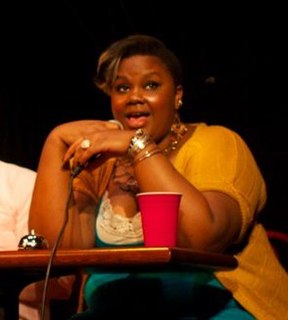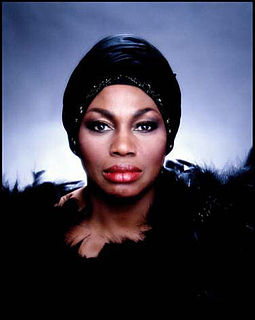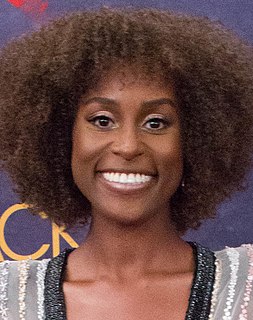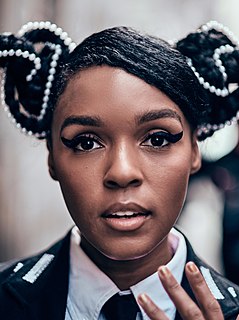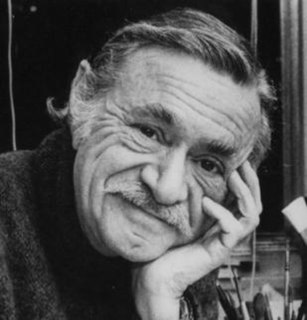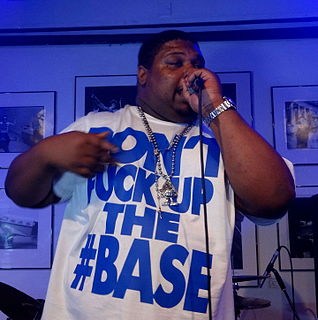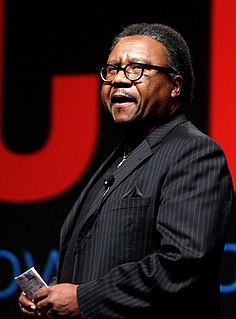A Quote by Solange Knowles
In my experience, as a young black artist, you have to fulfill an archetype, or be a token - and I was unwilling to do that.
Related Quotes
In all chaos there is a cosmos, in all disorder a secret order... we are caught and entangled in aimless experience... Only when all props and crutches are broken, and no cover from the rear offers even the slightest hope of security, does it become possible for us to experience an archetype that up till then had lain hidden behind the meaningful nonsense played out by the anima. This is the archetype of meaning, just as the anima is the archetype of life itself.
Finally, if you still are growing, you reach the highest archetype, the archetype of the spirit. This is the time when you finally realize what Jesus meant when he said, "You are in this world, but you are not of this world." You are not here as a human being having a spiritual experience, but the reverse is true: All of us here are spiritual beings having a human experience.
The black characters on TV are the sidekicks, or they're insignificant. You could put all the black sidekicks on one show, and it would be the most boring, one-dimensional show ever. Even look at the black women on 'Community' and 'Parks and Recreation' - they are the archetype of the large black women on television. Snide and sassy.
Then began an experience that turned my life around-working on a book with a black kid as hero. None of the manuscripts I'd been illustrating featured any black kids-except for token blacks in the background. My book would have him there simply because he should have been there all along. Years before I had cut from a magazine a strip of photos of a little black boy. I often put them on my studio walls before I'd begun to illustrate children's books. I just loved looking at him. This was the child who would be the hero of my book.
Exhibitions of minority art are often intended to make the minority itself more aware of its collective experience. Reinforcing the common memory of miseries and triumphs will, it is expected, strengthen the unity of the group and its determination to achieve a better future. But emphasizing shared experience as opposed to the artist's consciousness of self (which includes his personal and unshared experience of masterpieces) brings to the fore the tension in the individual artist between being an artist and being a minority artist.



